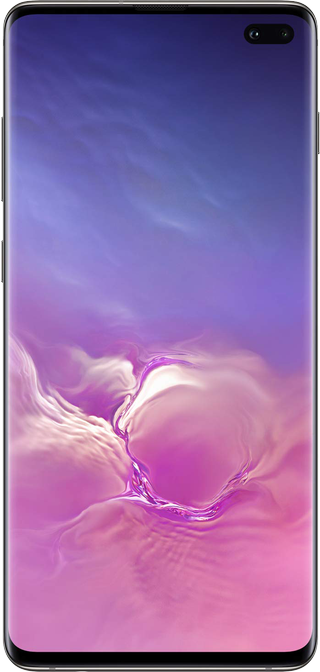The Galaxy S20 might be my next phone if Samsung can fix its cameras

We're less than two weeks away from the official launch of the Galaxy S20, and if Samsung's previous flagships like the S10 and Note 10 are any indicator, it's going to be an absolutely phenomenal device — even if it isn't as unique and exciting as the Galaxy Z Flip that's launching alongside it.
Few other companies are able to consistently deliver in nearly every department that makes a phone great; hardware design, build quality, performance, battery life, software, and so on. The Galaxy Note 10 is still one of my favorite phones of 2019 for all of those reasons, but there's one thing I just don't at all enjoy about it.
It's the cameras. Samsung does a lot of things right, but its imaging hasn't changed much at all since the Galaxy S7, and it's fallen far behind the competition as a result.
I love the versatility of the triple-lens array on the S10 and Note 10 series, offering both ultrawide and telephoto cameras in addition to the primary sensor, and Samsung offers one of the most extensive manual shooting modes around. But the resulting images always end up far too saturated for my liking, and Samsung loves to up the shadows to the point where you start to lose contrast in your shot.
When we pitted the iPhone 11's cameras against those of Android flagships back in autumn, the Note 10 also performed terribly in low light compared to the iPhone 11 and Pixel 3. Samsung's low light shooting mode is essentially just a long exposure mode that produces messy, blurry handheld photos without any sort of progress indicator while you're shooting. Some people may prefer Samsung's over-processed look for daytime photos (and that's totally fine!), but its low light performance is objectively behind the competition.
The image processing will be a lot more important than the hardware.
That's not even mentioning the further strides other companies have made with their cameras, like Apple's Deep Fusion technology or Google's similar Semantic Segmentation, both of which analyze individual details in your shots and process different objects within a single photo differently.
If the rumors are true, Samsung is going to be updating its camera sensors pretty significantly with the Galaxy S20, bumping up to a 108MP primary sensor on the Ultra variant, backed up by a 48MP optical 10X telephoto and a 12MP ultrawide. You'll also be able to capture 8K video, which is more than even my professional camera can do, and Samsung should finally be including a manual video mode to give you more control over your shot.
Be an expert in 5 minutes
Get the latest news from Android Central, your trusted companion in the world of Android

That's all exciting news, and I'm very interested in trying those cameras out for myself. Android, in general, has typically struggled with video more than anything, and this could potentially be the first phone to rival the iPhone in that regard (my Pixel 4 certainly doesn't). But I shoot a lot more photos with my phone than video, and I'm curious if this new hardware will yield better results — and more importantly, if the accompanying image processing will have improved along with it.
If that ends up being the case, the S20 could very well end up being my next phone (that is, assuming the Galaxy Z Flip doesn't win me over). Samsung's hardware is second to none at this point, and having everything from triple cameras to reverse wireless charging, a Snapdragon 865, and a 5000mAh battery that absolutely trounces the pitiful cell in the Pixel 4 I've been using.
The good news is, we don't have to wait much longer to figure all of this out for ourselves. The Galaxy S20 is launching at Samsung Unpacked on February 11, less than two weeks away. We'll be there, of course, and we'll be providing as much coverage as we can on everything Samsung announces.

Still a fantastic phone
A year later, the Galaxy S10+ is still one of the best phones you can buy, with an incredible display, stunning hardware, and nearly every feature under the sun. The triple camera array gives you plenty of options while shooting, and the battery is big enough to last you through the day and more.
Hayato was a product reviewer and video editor for Android Central.

